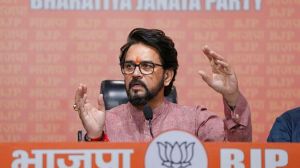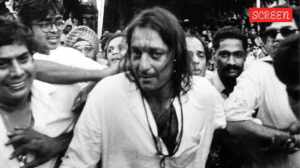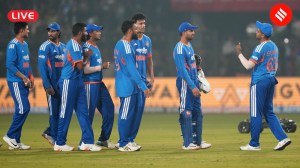Truth about Tigers
The ongoing posturing on the Sri Lanka crisis frames a feckless forgetfulness about the LTTEs role
The humanitarian crisis that befell hundreds of thousands of Sri Lankan Tamils trapped in a tiny strip of land in the islands north in the closing days of the 2009 military operation to defeat the LTTE is at the centre of the controversy over the resolution sponsored by the US at the UN Human Rights Council. The number of innocent people killed in that final stretch of the 26-year-old civil war is as yet difficult to determine. And Colombos effort to move on from that historic moment of re-establishing its writ across the country has left much to be desired. This is unfortunate. Colombos failure to take stock of Sri Lankas challenge in an inclusive and participatory manner has given succour to the LTTEs long project of casting its militancy as a fight between the Sri Lankan government and the ethnic Tamil population.
Nothing could be farther from the facts. The back story to the crisis in Sri Lanka is made up of mis-steps by assorted players,going back to the ill-advised language policy,but the LTTEs central role in wreaking damage to the ethnic and political fabric of the country must not be forgotten. The Tigers were unforgivingly brutal in holding their sway as the sole spokespersons of Sri Lankan Tamils,and they made the point not by winning the argument,but by slaying each and every person who could challenge them politically. They assassinated Indias prime minister and Sri Lankas president,thereby fomenting the danger of a backlash that they could use to their advantage. They killed,almost to the last,any Tamil politician who could have been part of an inclusive political process to take Sri Lanka forward. Put simply,a peaceful settlement was never part of the LTTEs agenda,for peace an atmosphere conducive for the islands Tamils to move on from a state of resentment and victimhood would have fostered political challenges to its domination.
Certainly,there can be no moral equivalence in the conduct of a government and a terrorist organisation like the LTTE. But equally,with Sri Lanka becoming the subject of such reflexive and irresponsible politics in India,as it has today,there must be a deeper,more nuanced reckoning of what it is that made that countrys ethnic relations so fraught.
- 01
- 02
- 03
- 04
- 05






























